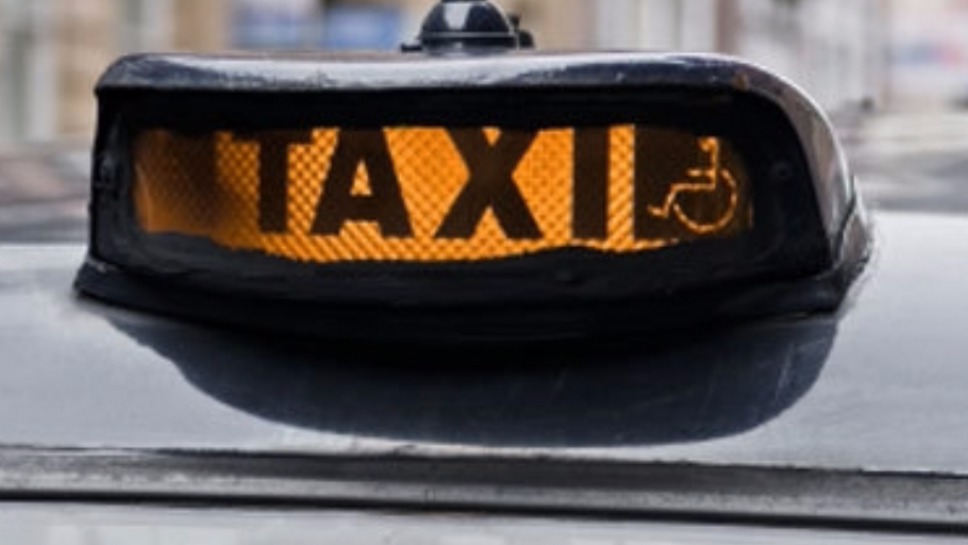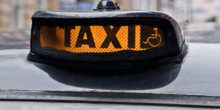
Only a third of councils in England, Wales and Scotland have created so-called Section 167 lists, which are needed to hold taxi drivers to account if they discriminate against disabled passengers.
A change in the Equality Act enacted in April last year means that taxi drivers now face fines of up to £1,000 if they refuse to transport wheelchair users or attempt to charge them extra. But this only applies to vehicles listed on Section 167 lists, which councils need to create.
Comprehensive research of 340 councils by disability activist Doug Paulley shows that most haven’t created them yet and 42 have no intention of ever doing so, despite a government-recommended deadline of October 2017.
The research lays bare the complex problems around the law change, with many councils confused as to their obligations. Around one in six councils that reported having a list in place have not met technical requirements, meaning they may not be legally useable.
The complexity has contributed to low awareness of the law change. No-one outside of London has attempted to use the law to hold taxi drivers to account for overcharging, ignoring or otherwise discriminating against disabled taxi passengers, despite the widespread and ongoing issues that Muscular Dystrophy UK hears from its supporters.
Nirav Shah, who has congenital muscular dystrophy and lives in Nottingham, said:
“I’m a regular taxi user, but have had more bad experiences than good. Drivers have refused to take me, or have claimed that their ramp doesn’t work. I have also had some drive off and leave me on the pavement, and companies quoting twice what a metered fare would normally be. Disabled people should be able to get a taxi as easily as everyone else, and they certainly shouldn’t be charged more, but sadly this isn’t the case.”
Paulley’s research also shows:
- 12 councils have no wheelchair-accessible taxis, with a further 109 having fewer than ten;
- Only a third of councils provide disability awareness training, vital for ensuring taxi drivers know how to safely work with disabled people.
Muscular Dystrophy UK and Doug Paulley are calling for the Department for Transport to make the lists mandatory, arguing that the current system has proven unworkable.
Nic Bungay, Director of Campaigns, Care and Information at Muscular Dystrophy UK, which lobbied for years for the law change, said:
“Taxis are often the only way that disabled people can get from A to B when public transport isn’t an option but the new legislation simply isn’t working to help ensure they can do so safely and fairly. Doug’s research robustly demonstrates the impossible situation that many disabled people find themselves in. Passengers, taxi drivers and councils alike are crying out for clearer guidance, and we need to see the taxi lists made mandatory, to make this well-intentioned law workable.”
Doug Paulley carried out the research following a Select Committee report into the Equality Act 2010 on disability. He said:
“This new research provides a mixed bag of results: while some councils have made an effort to create a list, many have fallen foul of the complex fine print in the rules, leaving most passengers unable to use the new legislation. Councils alone can’t unpick the confusion. We need to see a stronger lead from the Department for Transport if disabled people are to get the tools they need to challenge overcharging and unsafe practices.”
Research by Muscular Dystrophy UK in 2016 indicated that a quarter of disabled people have been refused service by a taxi driver, purely because they are disabled.
For more information, visit: www.musculardystrophyuk.org.

